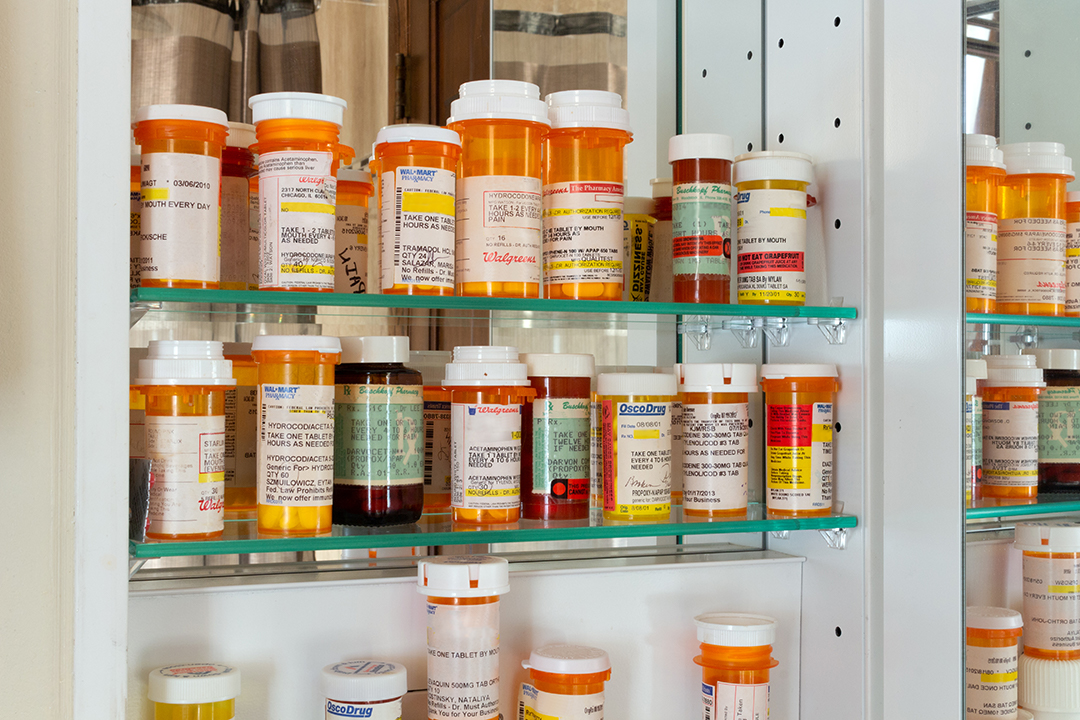There are a wide variety of reasons why parents may find themselves in possession of opioids—from injury recovery to part of a medical pain management regime. However, most parents never want to find out that their teenagers have snuck some of their prescription opioids, especially as opioid abuse is often a path to other troubling behaviors that require extensive intervention.
Unfortunately, there is a new study that points to a strong link between parents using opioids and the number of teens that end up abusing opioids.
Research Connection Parental Opioid Use To Teen Opioid Use
In a study published in 2019, researchers looked to see if there was a connection between parents using opioids to teens abusing opioids. Among parents who were using their prescription opioids as directed, 8% of teens would use opioids. However, among parents who were abusing their opioids, the percentage of teens that abused prescription opioids climbed to 14%.
Interestingly enough, the researchers also found a connection between mothers abusing opioids and higher rates of teens misusing opioids as well. Other factors that influenced teen opioid use was if their parents did not have a good relationship, the teens were not supervised often, and if the parents smoked were all predictors of teens abusing prescription opioids.
Signs Your Teen May Be Abusing Opioids
There are a number of signs parents can watch for to see if their teens are abusing prescription opioids. Some of the most common signs are:
- New friends with the old friends being dropped
- Frequent bouts of exhaustion and oversleeping
- Sudden weight loss
- Loss in former hobbies, activities, and interests
- Moodier and prone to being angry, despondent or aggressive
- Bloodshot or watery eyes
- Suffers from tremors and shakes
It is essential for parents to act if they see signs of opioid abuse, as data shows that teens who use prescription drugs will also abuse alcohol, marijuana, amphetamines, cocaine, and tranquilizers.
How Parents Can Prevent Teens From Abusing Opioids
Some parents may believe that military schools, teen boot camps, and other authoritarian, disciplined environments are what troubled teens need to prevent opioid abuse.
However, these kinds of troubled teen programs often exacerbate the problems that drove teens to abuse prescription opioids. Instead, there are many things parents can do to prevent their teens from engaging in opioid use.
- Model safe opioid use – If you need to use prescription opioids, you are the best model of appropriate usage for your teenager. While your teen may act like they are ignoring you, most teenagers are very aware of their parents, and by setting a good example of appropriate prescription opioid use, you can help protect your teen.
- Secure medications – Should there be prescription medication in your home, it is best if you secure them in a way where your teen can’t give in to temptation or curiosity and access them.
- Talk about drug addiction – Teens often feel a sense of invincibility, and when it comes to addiction, they often believe they will be the exception and not become addicted. That is part of why it is so critical that you talk about drug addictions with your teen and give them examples that people from all walks of life are vulnerable to addiction.
- Keep communication open – Parents who foster good communication with their teens make space for their teenagers to come to them if they have been offered drugs or have tried any. It can be tough to hear your teen admit they have dabbled in something like prescription opioids, but by keeping the communication open between you and your teen, you are in a better position to help them.
- Add structure – When teens lack structure, it can leave them with opportunities to get into trouble. While you don’t need every hour scheduled, having your teen involved in sports, hobbies, and extra-curricular activities is a natural way to keep them engaged in healthy activities and away from those who would encourage prescription medication abuse.
- Consider therapeutic boarding school – For teens who continue to give in to the temptation of drug abuse, likely are struggling with other issues ranging from academic failure and deviant behavior. In these cases, a therapeutic boarding school like Sundance Canyon Academy can help your teen get back on the right track with the combination of therapy, discipline, education, and structure.
To learn more about our program and to see if your teenage boy is a good candidate to attend, feel free to contact us today to speak with a program advisor.






0 Comments